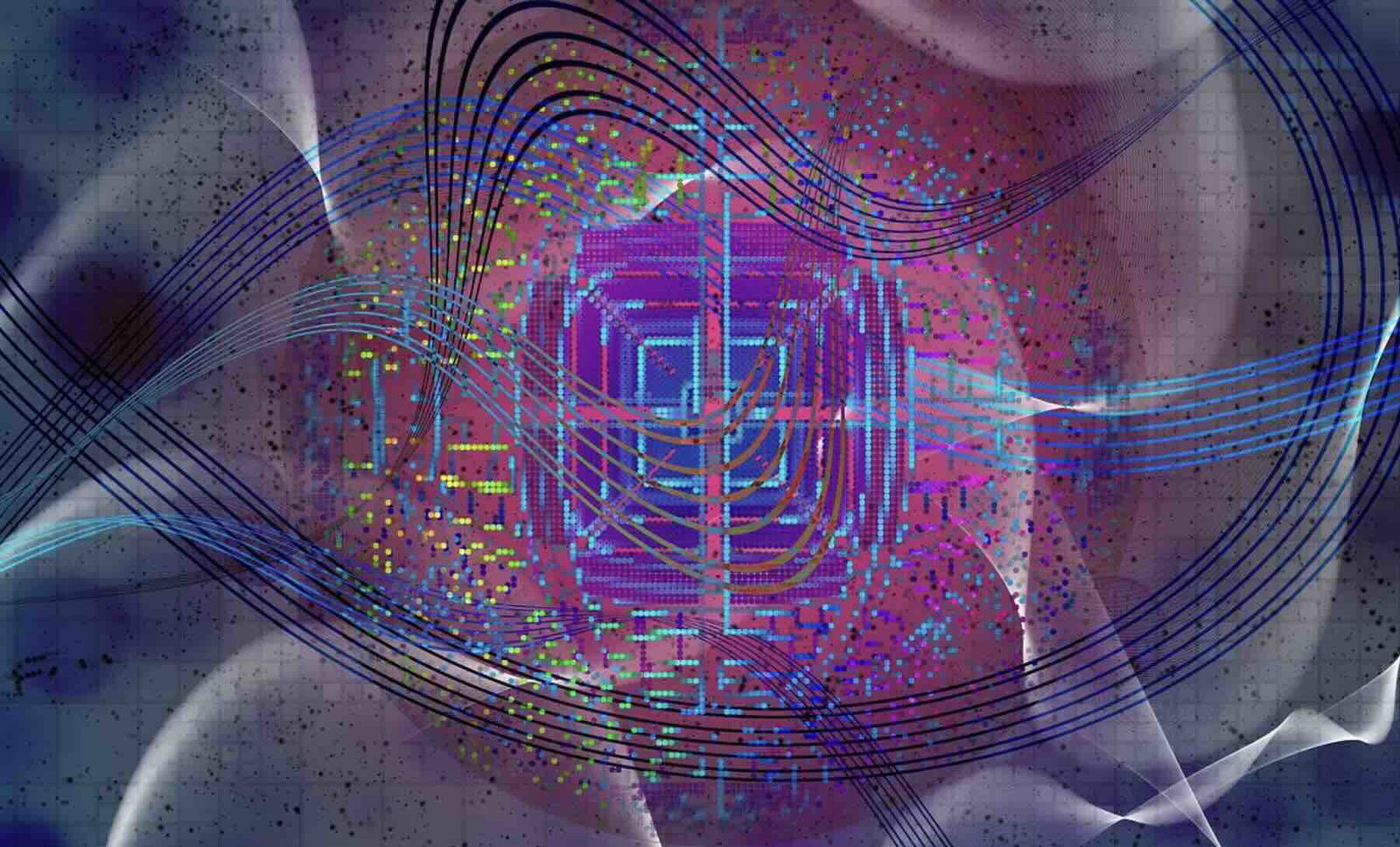In a leap forward for quantum technology, researchers at the University of Science and Technology of China have demonstrated a new method for storing and retrieving quantum information, published in the National Science Review. This innovation could pave the way for creating large-scale quantum networks, overcoming one of the key challenges in the field: transmission loss over long distances.
Quantum memories are critical components in quantum communication and computing, acting as devices that store and synchronize quantum information. Traditionally, short-distance quantum entanglement could not be effectively connected over longer distances due to photon losses during transmission.
“Photonic integrated quantum memories are essential for the construction of scalable quantum networks,” the researchers note in their paper.
However, by employing a technique known as spin-wave quantum storage, the study has unlocked a method to extend storage times and improve reliability, marking a possible milestone in quantum technology.
The Challenge of Spin-Wave Storage
Spin-wave quantum storage is a technique that stores light particles, called photons, in the unique properties of special crystals made with rare-earth elements. These crystals are known for being exceptionally good at storing quantum information. This method makes it possible to retrieve the stored information whenever needed and allows it to be stored for much longer than traditional methods.
However, spin-wave storage faces a big challenge: it’s difficult to pick out the tiny quantum signals from the background noise caused by strong laser pulses that control the system. This noise makes it hard to use spin-wave storage effectively in compact, solid-state devices. Until now, no such integrated device had been able to implement these storage methods successfully.
A Novel Solution To Combat Noise
Led by Professors Chuan-Feng Li and Zong-Quan Zhou, the research team developed a novel solution using a specialized device fabricated with femtosecond-laser writing technology (a femtosecond is one quadrillionth of a second, or 10-15 seconds).
This approach allowed them to create a circularly symmetric waveguide within a Europium-doped yttrium orthosilicate crystal, a rare-earth crystal used in similar research. The unique design enabled polarization-based noise filtering, effectively suppressing unwanted signals while maintaining the integrity of the stored quantum information.
To make their system work better, the team used several clever techniques to reduce noise, such as timing controls, filtering specific colors of light, and a special setup that sent signals and control pulses in opposite directions. These methods helped them separate the faint quantum signals from the stronger laser pulses, making it possible to store and retrieve the signals more effectively.
The researchers tested two ways of storing the quantum information: one called the “noiseless photon echo” (NLPE) and another called the “atomic frequency comb” (AFC). They found that the NLPE method was four times more efficient than the AFC because it kept the crystal working at its best. Most impressively, their device could store and retrieve quantum information with a reliability of 94.9%, a level far better than any traditional technology.
Moving Closer to Quantum Memory
This achievement represents a “long-expected goal” in the field of quantum memory research, as the researchers noted in their paper. The integrated spin-wave quantum memory not only lays the groundwork for multiplexed quantum repeaters—essential for building large-scale quantum networks—but also opens the door to high-capacity, transportable quantum memories.
As the quantum era advances, innovations like this bring us closer to realizing the potential of quantum networks, promising faster and more secure communication systems.
Kenna Hughes-Castleberry is the Science Communicator at JILA (a world-leading physics research institute) and a science writer at The Debrief. Follow and connect with her on BlueSky or contact her via email at kenna@thedebrief.org

